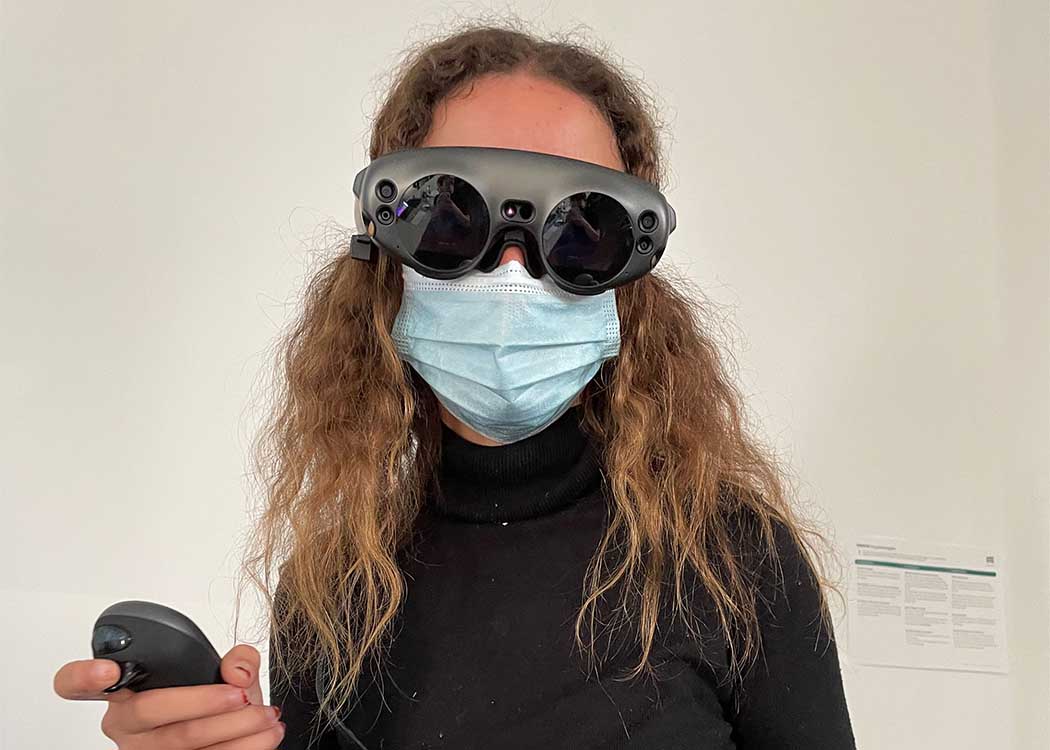
Berlin: Open lecture in Business Anthropology by film director Alice Agneskirchner
On invitation by Dr. Irene Schlacht, documentary film director Alice Agneskirchner gave an open lecture on the Direct Cinema technique of documentary filmmaking in the Media Lounge at Media University Berlin.
Starting off, Alice Agneskirchner gave a brief overview of the emergence of documentary filmmaking in the 1960s, showing some examples by the so-called “father of Direct Cinema”, Robert Drew. The works by Drew Associates were the first to show what real life actually looked like after a long phase of only war-centered coverage.
She then continued with thoughtfully-chosen examples of her own, as well as other documentary directors’ works, to emphasize the particular challenges of documentary filmmaking from preparation and research to filming and aftercare. Ms. Agneskrichner gave detailed advice on how to apply direct cinema strategies to a project, including participatory observation, context analysis and user interviews.
Her works shown included “24 h Berlin”, “Who owns nature?” (“Wem gehört die Natur?”) and “How Holocaust came on TV” (“Wie der Holocaust ins Fernsehen kam”).
The M.A. Business Psychology students are about to begin work on their own film projects for their Business Anthropology module. In a Q&A at the end of the lecture, the experienced director was happy to give further hands-on tips from recording material to accessing personal information.
About
Alice Agneskichner is originally from Bavaria and moved to Berlin after the wall came down to study film and directing at the former East-German Filmschool HFF (University for Film and Television) in Potsdam-Babelsberg.
She is a member of the German Film Academy and very active in various organizations that are concerned with women in film and documentary filmmaking.
Her film “Who owns nature?” was one of the most successful documentaries shown in German cinemas in 2018. Her latest work “Kids in the spotlight” was presented at this year’s Berlinale.









